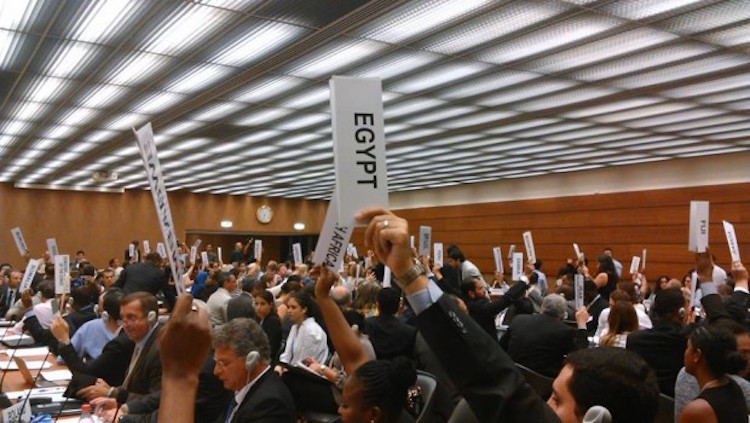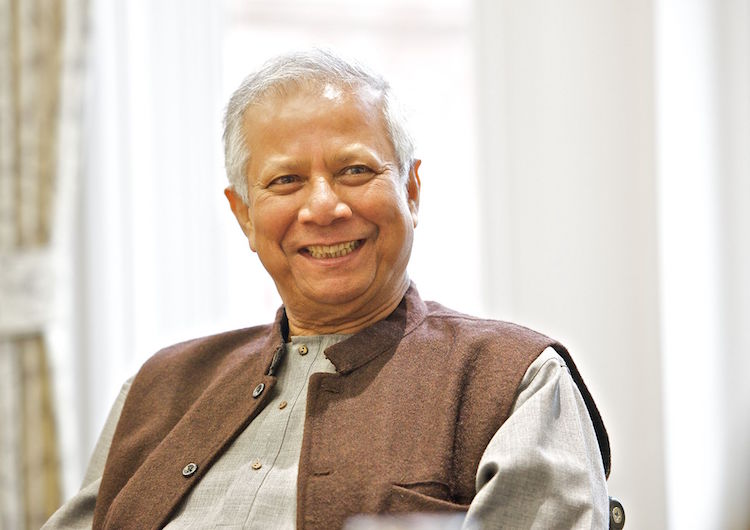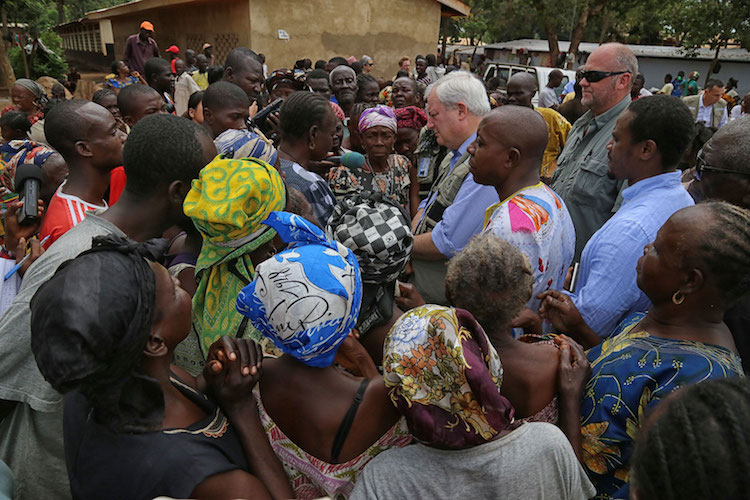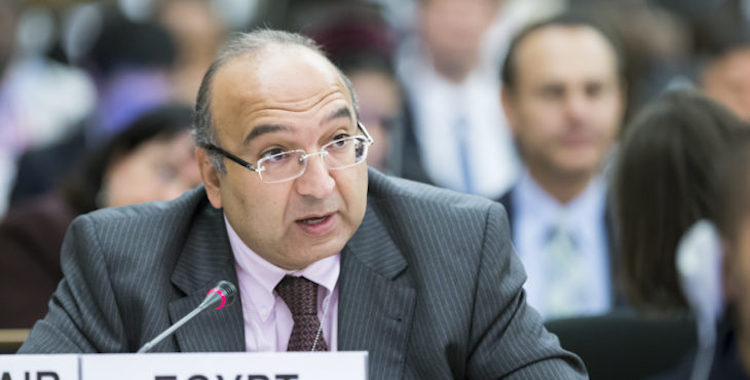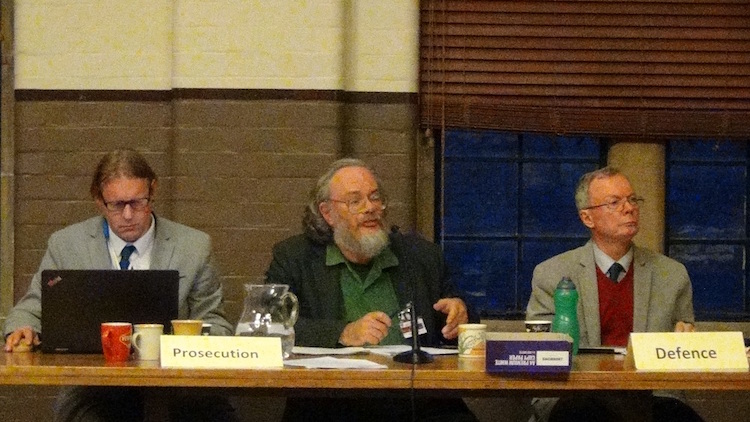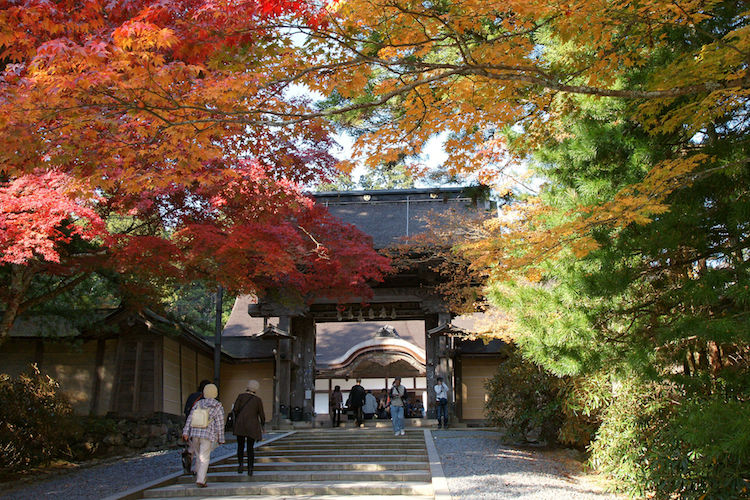By J Nastranis
NEW YORK (IDN) – As the ancient proverb goes, “there is many a slip between the cup and the lip”, but if Somalia – often described as a ‘failed state’ – abides by the postponed timeline for this year’s parliamentary and presidential elections, the United Nations would have reason to record success in a long-winded process.
The United Nations Security Council’s 15 members in their meeting on August 19 adopted the Presidential Statement applauding the progress under way for the last four years, and underscored “the need to maintain the momentum towards democratic governance, with an inclusive, transparent and credible electoral process in 2016 as a stepping stone to universal suffrage elections in 2020”.


